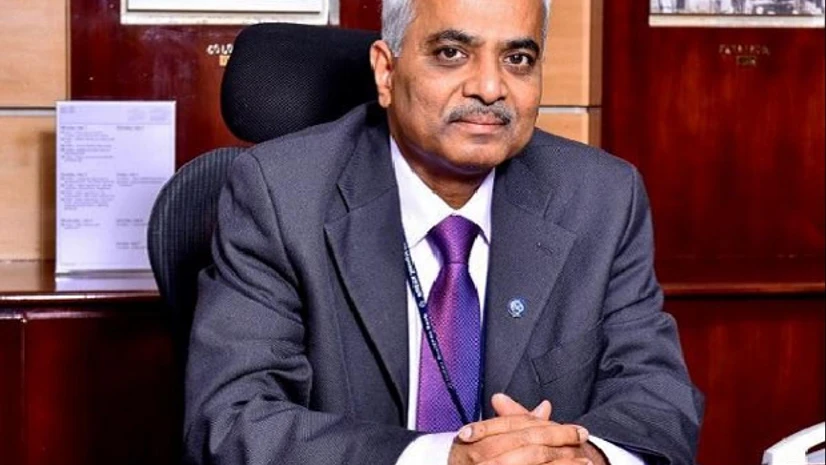State-owned Indian Overseas Bank (IOB), which has been in the red for the last four-and-a-half years, expects to become profitable in the fourth quarter of the current financial year, its Managing Director and CEO Karnam Sekar said on Wednesday.
He said that once the lender becomes profitable, it will be out of the Reserve Bank of India's prompt corrective action (PCA) soon.
In the quarter ended December 2019, the lender posted a net loss of Rs 6,075 crore as against a net loss of Rs 346 crore in the year-ago period, due to a higher provisioning of Rs 6,664 crore made for bad loans.
"In the December quarter, we made higher provisions and, therefore, we incurred a huge loss. That will be the last quarter where we have declared loss. We will be in clear net profit from this (fourth) quarter onwards after being in red for almost four-and-a-half years," Sekar told reporters here on the sidelines of the golden jubilee celebration of the National Institute of Bank Management (NIBM).
He said the bank's slippages were mainly from corporate accounts but it has now been fully addressed.
"I don't see any corporate accounts which is likely to slip. We have not taken any exposure in the past four-five years. So, the corporate sector problems have been addressed," he said.
In the December quarter, the slippages reduced to Rs 1,971 crore from Rs 2,154 crore in the year-ago quarter.
More From This Section
In third-quarter results announced earlier this week, the bank said it plans to come out of PCA by focusing on recovery, low-cost deposits and less capital-consuming advances.
In the October-December quarter, total recovery including technical write-off stood at Rs 7,085 crore.
"We expect a recovery of Rs 1,000 crore, including from Bhushan Steel, in the fourth quarter," he said.
Gross non-performing asset (NPA) ratio as percentage of total advances reduced to 17.12 per cent at the end of December 2019 as compared with 23.76 per cent last year.
Due to provisions made during the quarter, the net NPA ratio improved to 5.81 per cent, which is less than 6 per cent prescribed by RBI.

)
